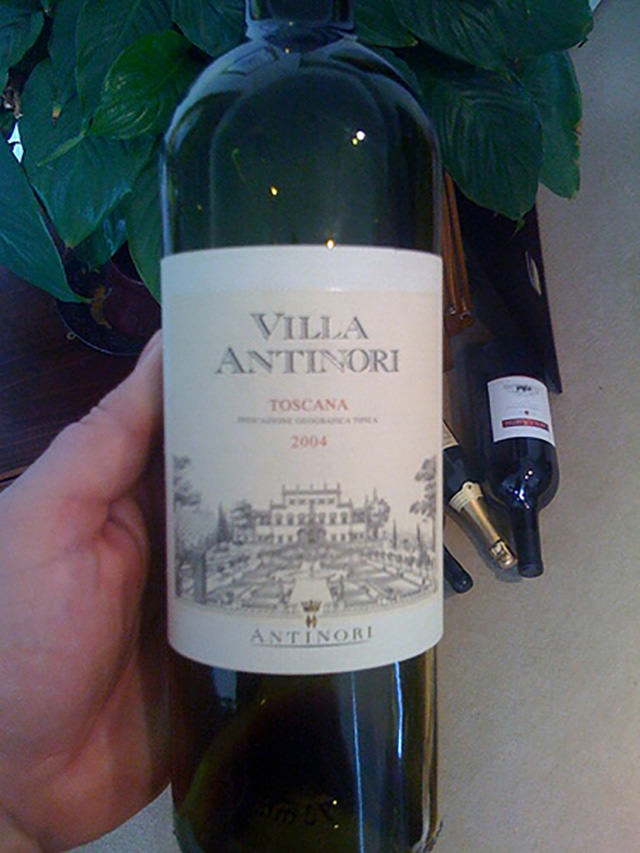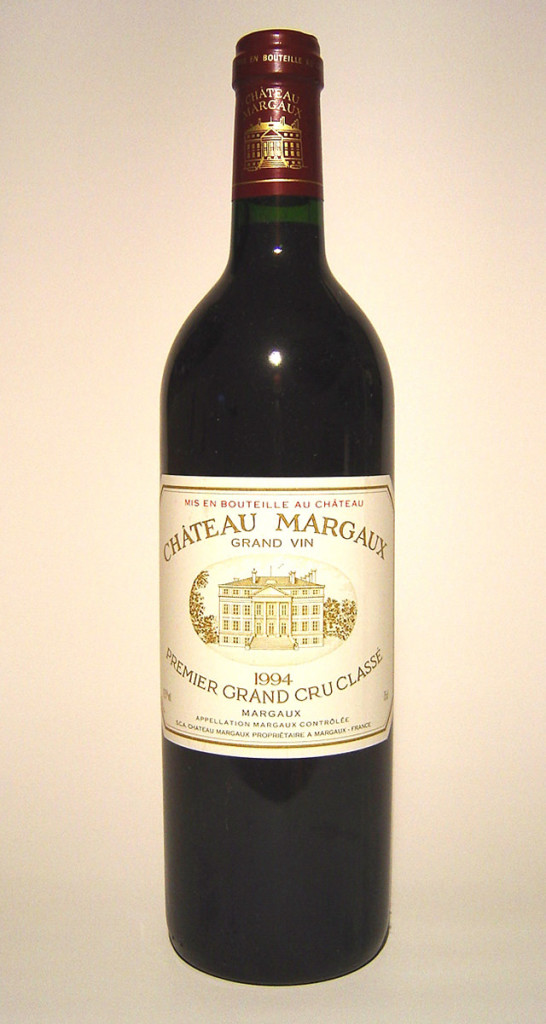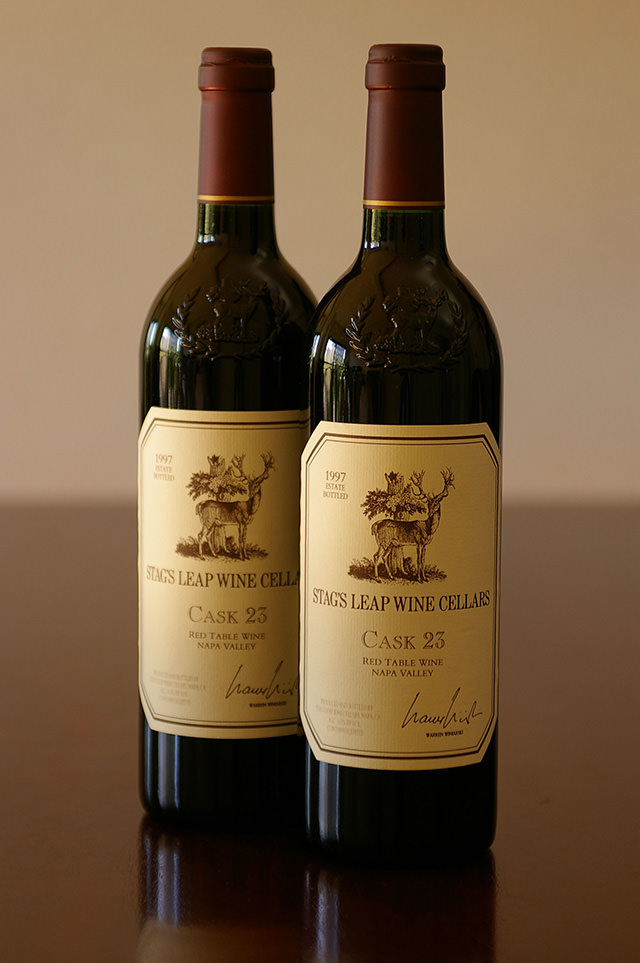You have probably read articles, overheard conversations at dinner parties or were told rumors by traveling salesmen that the price of a bottle of wine is not always a great indicator of the quality of the actual product. If you really know your stuff, buying a good bottle isn’t too hard. Yet if you’re not a sommelier and you’re at the supermarket on a Thursday evening on a last minute mission, is price a good indicator to go by?
It’s a complicated business. Making wine costs money. A winery needs to cultivate grapes, process them into wine, age them in oak (or not), package them, pay tax on alcohol, transport it, then there’s mark ups at the restaurant or shop you’re buying it from. So there’s a first hint. If you buy a 300 baht bottle of wine, you’re not only paying for the wine, you’re paying tax, you’re paying for the glass bottle, you’re paying the supermarket for storing it etc… . Considering this, if the whole thing costs 300 baht, the actual wine in that bottle is probably quite cheap. Does that mean you better buy a 4000 baht bottle? Not necessarily, sometimes cheap brands buy surplus wine from good vineyards and sell it cheaply. Sometimes a company is forced to sell cheap although they produce good wine. If no one knows, no one cares. Which brings us to another point.
The most important factor that affects the price is terroir. In other words, where does the wine come from, which winery and which vineyard. If it’s a high-end Bordeaux you’ll pay a lot because it’s well-made and that costs money but you’ll also pay a lot because it’s famous. The quality of the wine of a 4000 baht bottle and a 20,000 baht bottle will be practical the same. The reason that bottle of 20,000 baht costs 16,000 baht more is because the market attaches more value to it. That value, however, is mostly artificial, created by people who seek to make profit in investing in high-end wines. So if you’re going to splurge, splurge lightly.
Should we really buy expensive wine at all? Research and experiments have proven time and again that average consumers nor critics can’t tell the difference between cheap and expensive wines in blind taste tests. In some cases the cheapest bargain price sludge won from highly praised vintages. Although I don’t agree that sommeliers and experts are clueless about what they’re doing, the fact remains that taste is a subjective matter rather than an objective one. If you expect a bottle to taste good it’s very likely that it will because you expect it to. Our brains do quite a good job at making ourselves believe we make good choices.
So should we stop spending our hard-earned cash on wine and buy the cheapest stuff available? No, definitely not. A company trying to make the best wine they can will produce better wine than a large corporation trying to create a cheap mass product. And the former will probably be more expensive than the latter. Higher price can definitely indicate better quality but sometimes it doesn’t. It’s hard to tell from price alone.
In the end it all comes down to personal experience. It’s about whether you enjoy the wine you’re drinking or not. Focus on that and it’ll be easy to know what you like and what you don’t like. One glass of wine enjoyed is worth more than all the expensive wine tucked away in Chinese vaults.
[Article by Alexander Eeckhout]



 0
0